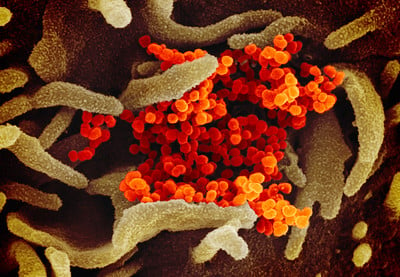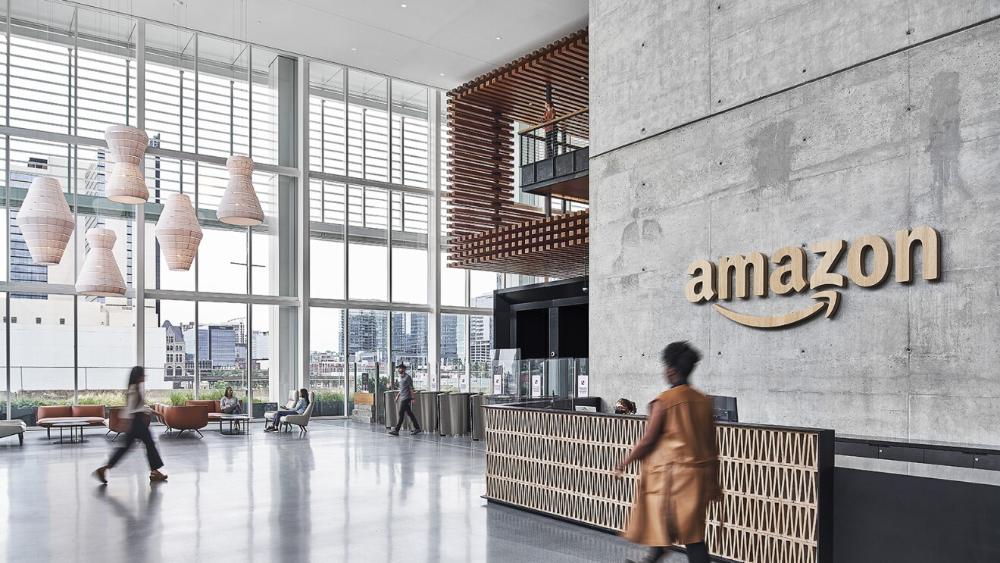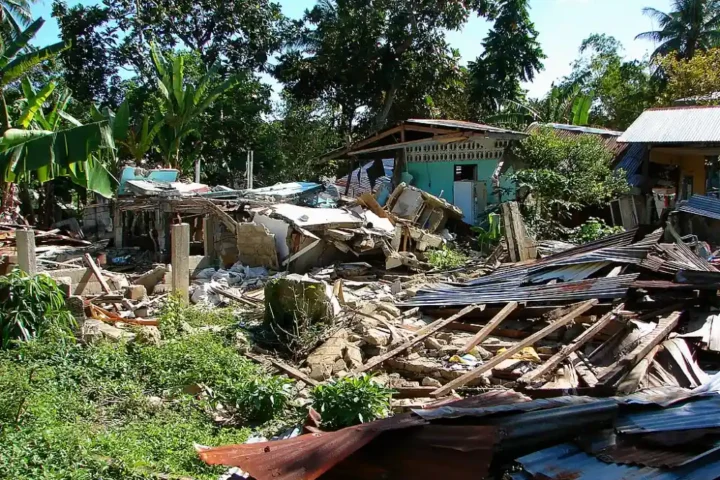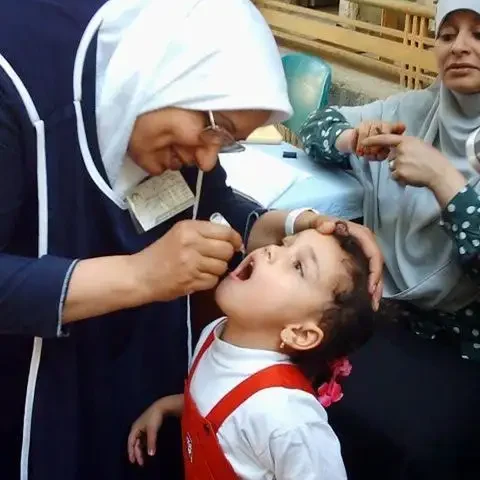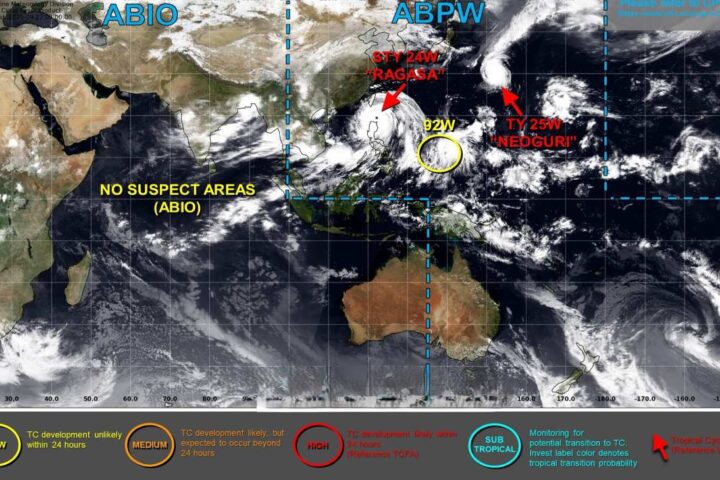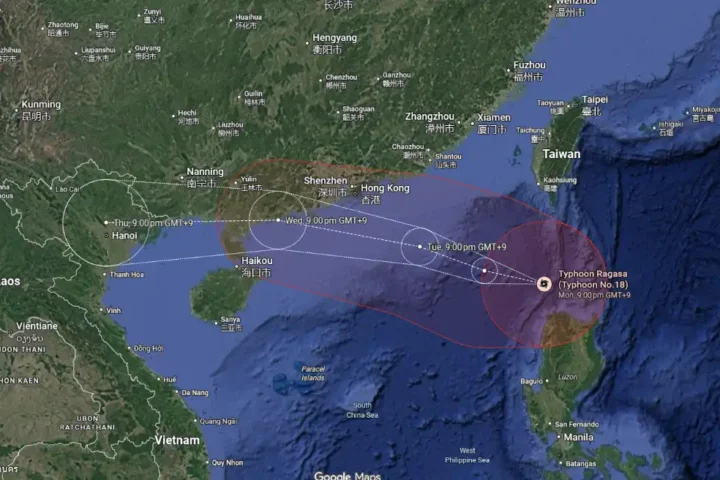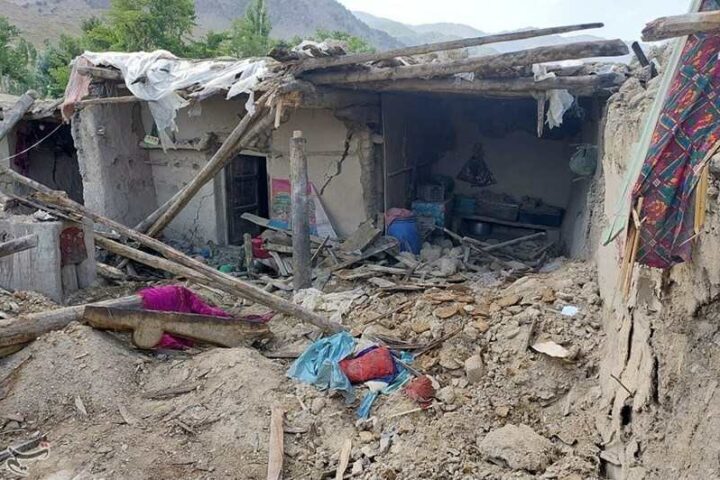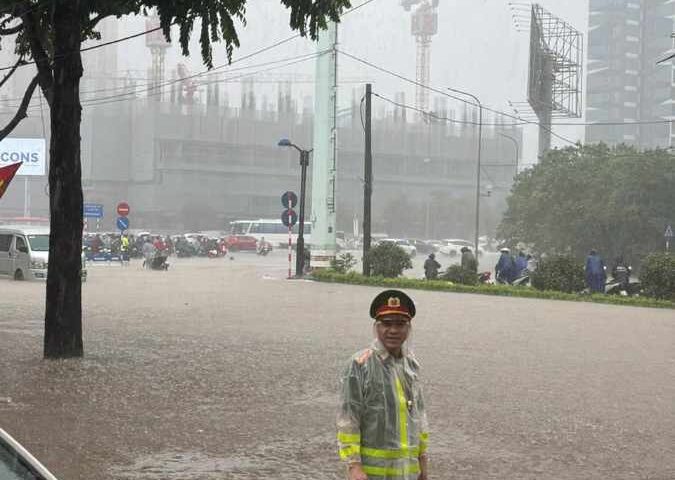Hong Kong and Singapore are seeing a sharp rise in COVID-19 cases this May, bringing renewed attention to the virus that many thought was behind us. The increase comes at an unusual time – during the warmer months when respiratory illnesses typically slow down.
In Singapore, weekly COVID-19 cases jumped to 14,200 in early May, a 28% increase from the previous week. Daily hospital admissions also went up by 30%, though daily ICU admissions decreased slightly from 3 to 2.
Hong Kong faces similar challenges. The city’s positive test rate for COVID-19 hit 13.66% in the week ending May 10 – the highest in a year and more than double the rate of 6.21% from just four weeks ago. Health officials reported 81 severe cases and 30 deaths, mostly among elderly residents with existing health conditions.
“The virus’s activity in Hong Kong is quite high,” says Albert Au, who leads the Communicable Disease Branch at Hong Kong’s Centre for Health Protection.
Why Cases Are Rising
Health experts point to several key factors behind this increase. The main reason is that people’s immunity from previous vaccinations or infections has started to wear off. Fewer elderly residents getting their booster shots has also left them more vulnerable.
The dominant virus variants in Singapore, known as LF.7 and NB.1.8, came from an earlier variant called JN.1. Singapore’s health ministry confirms these variants aren’t causing more severe illness than previous ones, but they can still spread easily among people with reduced immunity.
Similar Posts
Practical Steps Being Taken
Both cities are responding without bringing back strict restrictions. Instead, they’re focusing on protecting those most at risk. Health officials strongly encourage:
- Getting booster shots, especially for older adults and people with weak immune systems
- Wearing masks in crowded indoor spaces and on public transport
- Staying home when feeling unwell
- Regular hand washing and covering coughs
Impact on Daily Life
The surge has already affected public events. Popular Hong Kong singer Eason Chan had to cancel his concerts in Taiwan after testing positive for COVID-19, showing how the virus continues to disrupt normal activities.
Regional Picture
This isn’t just a local issue. Other parts of Asia are seeing similar trends. Thailand reported outbreaks following its Songkran festival in April, while China’s COVID-19 test rates in hospitals have more than doubled over five weeks.
Looking Forward
The rise in cases during summer months challenges what we thought we knew about COVID-19’s seasonal patterns. Unlike the flu, which typically fades in warmer weather, COVID-19 seems capable of spreading year-round.

Singapore’s health ministry reminds us that periodic COVID-19 waves are now expected throughout the year, much like other respiratory illnesses we regularly deal with. The focus has shifted from prevention at all costs to managing the virus as part of our daily lives while protecting those most at risk.
This surge serves as a reminder that while COVID-19 may not dominate headlines like before, it remains a health concern requiring continued attention and sensible precautions, especially for vulnerable populations.
